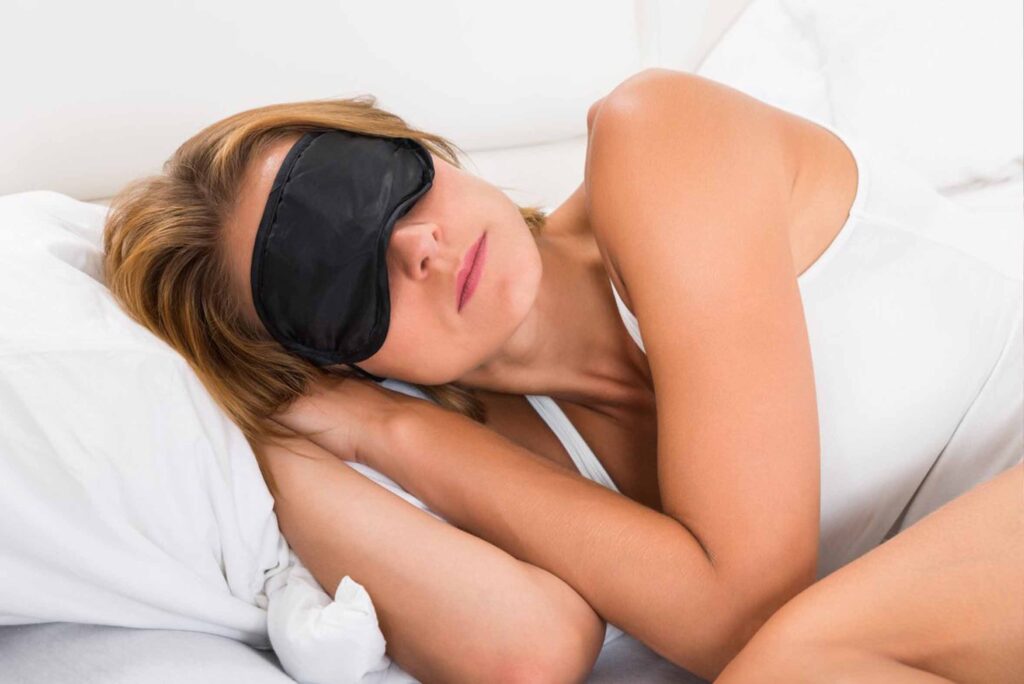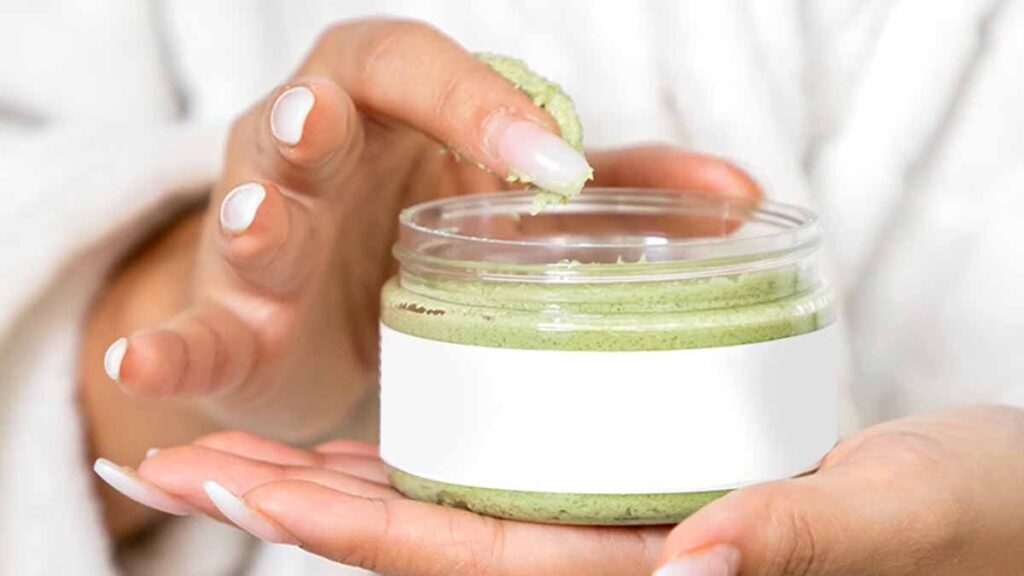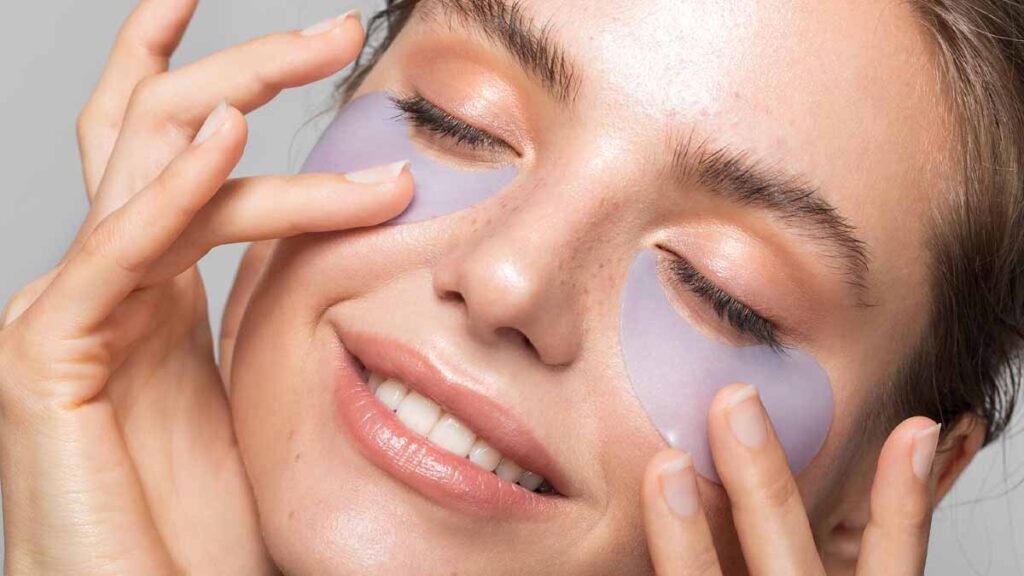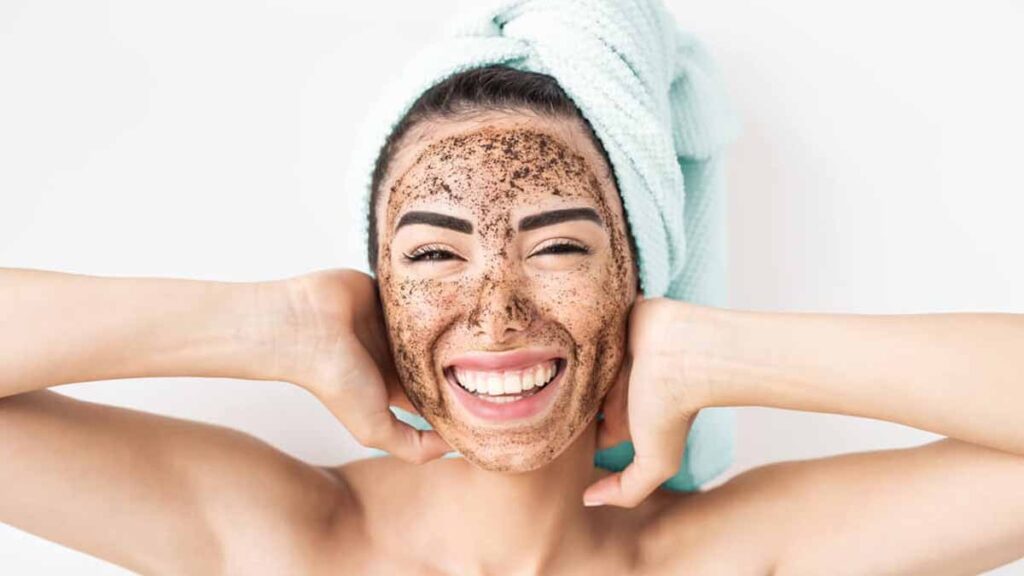1. Cell Repair and Renewal Happen at Night
One of the biggest reasons your skin looks better after sleep is because of cell repair and renewal. Your skin is your body’s first line of defense. Every day, it gets exposed to pollution, sunlight, and harsh weather. These things cause damage to your skin cells.
At night, when you’re resting, your body switches to repair mode. It makes new skin cells to replace the old and damaged ones. This process is strongest between 10 PM and 2 AM, also called the “golden hours” of skin repair. That’s why sleeping during this window can make a huge difference in how your skin looks.
2. Increased Blood Flow Brings a Healthy Glow
When you sleep, blood flow to your skin increases. This helps deliver oxygen and nutrients to your skin cells. The better the blood flow, the more your skin gets what it needs to stay healthy.
Think of it like watering a plant. When the plant gets enough water and sunlight, it grows well and looks bright. Your skin is the same. When it gets good blood flow, it becomes plump, smooth, and radiant.
This is one reason why your skin looks bright and fresh after sleep.
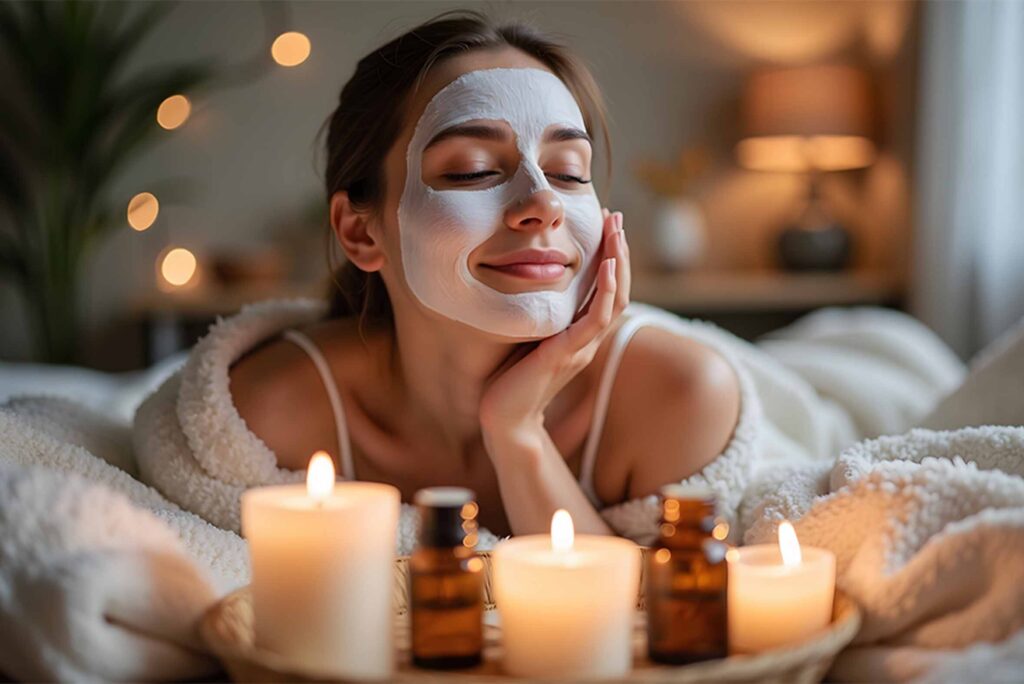
3. Collagen Production Ramps Up
Collagen is a protein that keeps your skin firm and youthful. It helps reduce wrinkles and gives skin that bounce and elasticity we all want.
When you sleep deeply, your body boosts collagen production. Growth hormone, which is released during deep sleep, plays a big role in this. The more quality sleep you get, the more collagen your body makes.
This is a major reason why people who sleep well often look younger. They are giving their skin the tools it needs to stay firm and smooth.
4. Lower Cortisol Means Less Inflammation
Cortisol is the body’s main stress hormone. High levels of cortisol can cause inflammation, break down collagen, and lead to acne or dull skin.
Good sleep helps lower cortisol levels. When you’re asleep, your body gets a break from the day’s stress. This helps calm your skin and reduce inflammation. So, when you wake up after a deep rest, your skin looks calmer and clearer.
5. Hydration Balance Improves Overnight
While you sleep, your body balances hydration. This means it pulls water into the skin and removes excess salt.
If you’ve had enough water during the day, your skin will soak it up at night. As a result, you’ll wake up with plumper, more hydrated skin. This reduces the look of fine lines and makes your face look smooth and soft.
On the other hand, if you didn’t hydrate well or you had a salty meal, you might wake up puffy. So it’s not just sleep – what you do during the day matters too.
6. Fewer Muscle Movements = Less Wrinkling
When you’re awake, you move your face a lot. You smile, squint, frown, and more. These tiny movements cause fine lines to form over time.
But when you sleep, your facial muscles relax. This gives your skin a break. It’s like a reset button for your face. No frowning or squinting for 7–8 hours helps reduce the chances of new wrinkles forming.
If you sleep on your back, that’s even better – there’s no pressure on your face from the pillow, which can sometimes cause “sleep lines.”
7. Melatonin Acts as an Antioxidant
Melatonin is a hormone that helps you fall asleep. But it also has antioxidant properties, which means it fights skin damage from the sun and pollution.
During the night, your melatonin levels rise. This hormone helps protect your skin from early aging. It also supports your body’s repair work.
So, sleeping not only boosts your rest – it also gives your skin a chance to heal and fight damage.
8. Dark Circles and Puffiness Improve
Tired eyes are a common sign of poor sleep. But when you get enough rest, your eyes look brighter and your under-eye area improves.
Good sleep reduces:
- Puffiness
- Dark circles
- Eye bags
This happens because your blood flow is better and there’s less fluid buildup. The result? A fresh, awake look in the morning.
9. Skin Care Products Work Better Overnight
At night, your skin barrier is more open and active. This means that night creams and serums can sink in more deeply. Active ingredients like:
- Hyaluronic acid
- Retinol
- Vitamin C
can do their job better while you sleep. Your skin is not facing sun, wind, or pollution. That’s why applying the right skin care before be d is key. You get the most benefits while your body is resting and healing.
10. Sleep Helps Hormones Stay Balanced
Hormones play a big role in your skin’s health. If your hormones are off-balance, it can lead to acne, dry skin, or even eczema.
Sleep keeps hormones like:
- Estrogen
- Progesterone
- Growth hormone
at normal levels. These hormones help keep skin hydrated, smooth, and firm. When your sleep is poor, your hormones can go out of sync, and your skin can show it quickly.
How Many Hours of Sleep Does Your Skin Need?
Experts suggest that adults need 7 to 9 hours of sleep each night. But it’s not just about quantity. Quality matters too.
Here’s how to make sure your skin benefits from your sleep:
- Sleep at the same time every night.
- Avoid screens 30–60 minutes before bed.
- Keep your room dark and cool.
- Use comfortable bedding and a soft pillow.
- Don’t eat heavy meals or drink caffeine late at night.
Your skin will thank you for a healthy bedtime routine.
Tips to Boost the Skin Benefits of Sleep
Want to get the most glow from your sleep? Try these simple tips:
- Clean your face before bed: Always wash away dirt, makeup, and oil before sleeping. This prevents clogged pores and breakouts.
- Use a good night cream: Choose one with hydrating and anti-aging ingredients.
- Sleep on your back: This prevents sleep lines and pillow wrinkles.
- Stay hydrated: Drink enough water throughout the day.
- Don’t stress: Practice relaxing habits like meditation or reading before bed.
- Change pillowcases often: A clean pillowcase prevents dirt and bacteria from touching your face.
- Avoid alcohol and sugar before bed: These can dehydrate the skin and disrupt sleep.
By following these tips, you can wake up with better-looking skin every morning.
The Bottom Line: Sleep Is Your Skin’s Best Friend
So, why does your skin look good after sleep?
Because sleep gives your skin the time it needs to rest, repair, and refresh. From better blood flow to collagen production and hormone balance, your skin goes through a lot of healing overnight.
Without enough sleep, your skin can start to show signs of stress – dullness, wrinkles, acne, or puffiness.
But when you sleep well, your skin glows. It looks healthy, clear, and young.
The secret to better skin isn’t always in a bottle. Sometimes, it’s simply in your bedtime routine. So tonight, turn off your screen early, drink some water, and get cozy in bed. Your skin will thank you in the morning.
Final Thoughts
Glowing skin doesn’t have to be a mystery. While creams and treatments help, nothing beats a good night’s sleep. It’s free, natural, and deeply effective.
If you want to look better, feel better, and have healthier skin – make sleep a top priority. Start building a sleep routine that supports your skin and your overall health.

